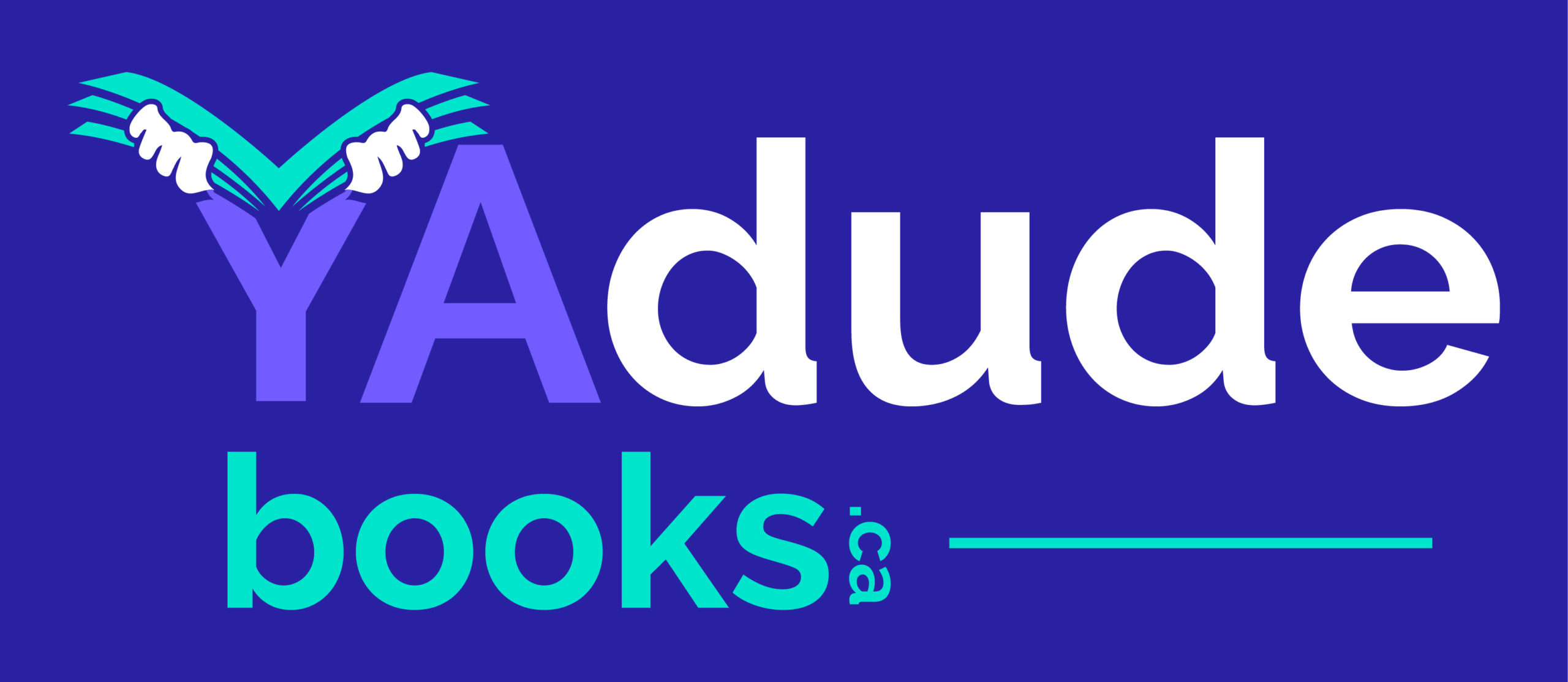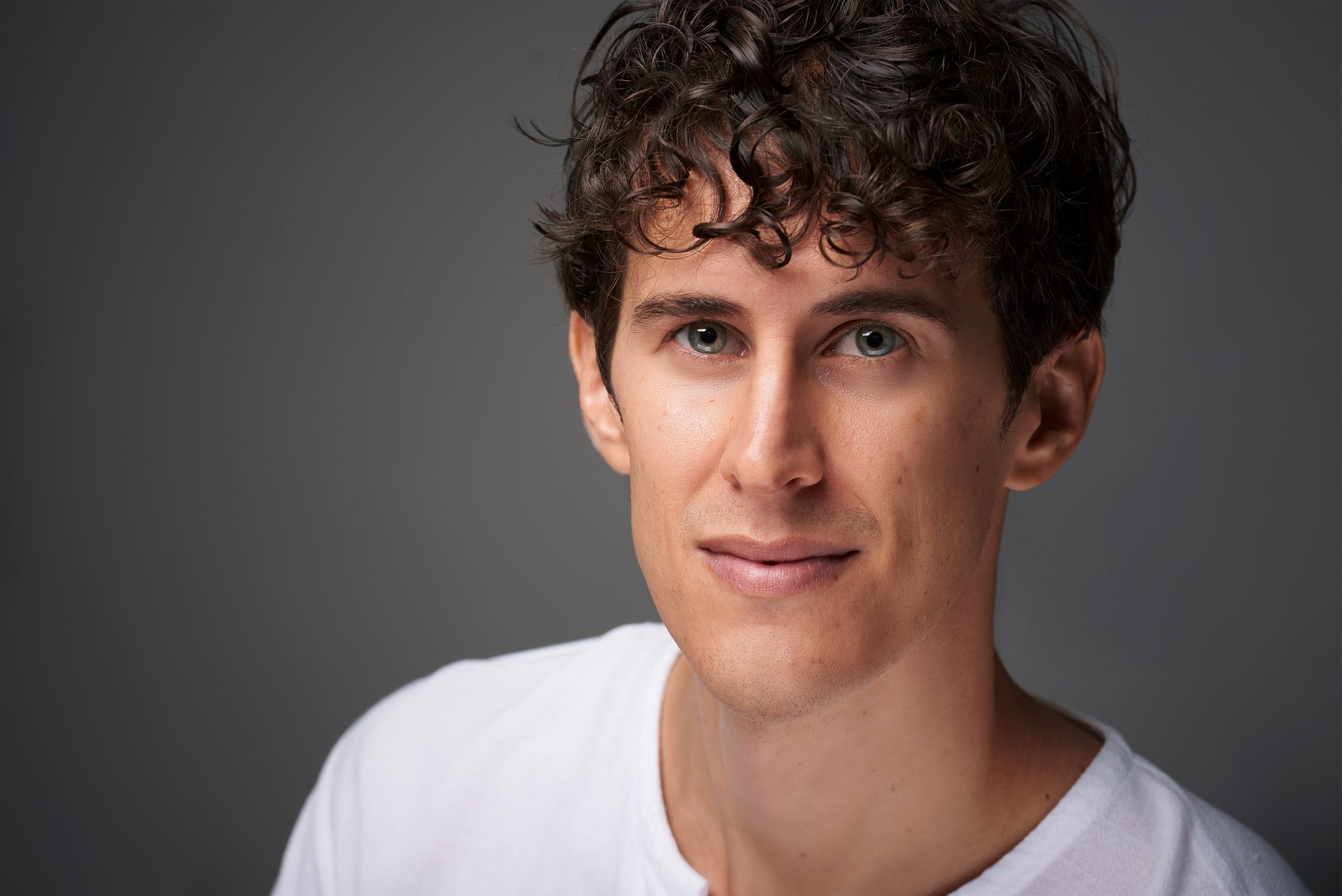A graduate of Princeton University, Michael Solis holds masters’ degrees in human rights law and gender studies, which offer an understanding of social justice, equality and human rights issues that he weaves into his writing.
Originally from New Jersey, USA, he has spent time in Sierra Leone, Latin America and Kenya.
A passion for making a positive impact on the world led him to dedicate more than 15 years to development and humanitarian work; time in fragile and post-conflict settings deepened his understanding of the complexities and challenges faced by communities in need.
Michael’s debut novel, Deficient (BHC Press), blends light sci-fi, superhero action and mystery and aims to resonate with the universal human desire for self-love and understanding.
Michael combines his mission-driven mindset with storytelling to create works that inspire and challenge readers and offer writing infused with depth and authenticity. He aims to shed light on important social issues while fostering empathy, compassion and a greater sense of unity among readers.
He can be found at his website https://michaelsolisauthor.com/ LinkedIn https://ke.linkedin.com/in/michaelsolis, BHC Press https://www.bhcpress.com/Author_Michael_Solis.html and Instagram https://www.instagram.com/michaelsolisauthor
Q: How do you translate the insights gained from your time in Sierra Leone, Latin America and Kenya into the fictional worlds you create?
A: Over the past 15 years, I’ve been fortunate to live through a range of geographically and culturally diverse experiences, and I’ve infused aspects of these into my work. When I wrote Deficient, I was living in El Progreso, Honduras and working for the Organization for Youth Empowerment (OYE). Many of the youth I worked with were grappling with issues like poverty, gender inequality, discrimination, pressure to emigrate, and gang violence. They possessed a sense of resilience that seemed uncanny, and that was something I wanted Deficient’s protagonist, Alejandro, to embody. It also brought me back to my own journey of resilience growing up as a queer kid in the uninformed Nineties. The character of Yalamba is based on one of my closest friends from Sierra Leone whose indomitable spirit and sense of humor kept me going as we supported responses to crises like Ebola, mudslides, floods and the Covid pandemic. Cultures may differ, but friendships are universal, and I wanted Deficient to capture the beauty of friendship in a diverse, futuristic setting.
Q: After years working in development and humanitarian action, can you share how your time in fragile and post-conflict settings has impacted your understanding of the challenges faced by communities in need?
A: I’ve met people who have grappled with extraordinary challenges like poverty, post-conflict trauma, epidemics and natural disasters. Their strength, resilience and determination never cease to amaze me, even in the absence of the kinds of safety nets and options many of us take for granted. They are agents of their own change, and their voices matter. As surprising as it may seem, listening to their voices remains a challenge in the humanitarian sector. I’ll never forget one woman whose community was quarantined during the Ebola epidemic. She was outside of her hut preparing a simple meal of rice for her kids, and she told me how frustrated she was that agencies would often provide support to households through one wife, leaving the second, third or fourth wives and their children behind. Through her experience, I could see how the humanitarian sector was responding to needs in polygamous communities in ways that were structured for monogamous households. We ended up conducting research on the differentiated needs of women in polygamous unions to understand how we could best support them and shared these insights with the sector. Only through genuine listening can we avoid harmful assumptions and promote more inclusive ways of working.
Q: After reading Deficient, which is hands down my best read this year, I was struck by the fascinating futuristic world you’ve created, set after the Great Catastrophe. The characters, particularly Alé, Gwen, Kazuki, the ever-supportive Yalamba and the heartwarming portrayal of Alé’s mom, are impressively well-developed. All the drama that unfolded in Achewon Egalitarian Academy, notably the electrifying Achewon Dodgeball Tournament, truly kept me engaged. I would love to see more of each ability, particularly the Ferals. Given the remarkable storytelling in your debut novel, I’m curious: Can we anticipate a sequel or any forthcoming works anytime soon?
A: Thank you for your kind words – you are making me blush! You will definitely be seeing more from me in the genres I write in – sci-fi, fantasy and creative non-fiction. As for Deficient, though it works as a standalone novel, it lends itself wonderfully to future stories. Plus, readers are asking for more! I’ve already begun working on these and hope to share them with the world when they are ready.
Q: Writing can sometimes be challenging. How do you overcome writer’s block or obstacles in your creative process?
A: As I’ve progressed in my career, the main obstacle I have faced has been finding the time and energy to write. When I get around to doing it in stolen moments, it feels like a marvelous thing. I’m usually working on different projects across genres, which helps stimulate my creative thinking. Activating creative muscles helps, whether that’s through freeform journal writing, drawing pictures, witnessing a work of art, or reading a great book. Exercise is a fantastic way of clearing the brain for writing and getting endorphins flowing. When I sit down to write, I remind myself that I’m experimenting with the craft rather than aiming for perfection. The act of pen hitting paper (or fingers tapping keys) opens the possibility for making magic, and that’s a pretty cool thing to be doing.
Q: Many authors find inspiration in other writers or literary works. Are there specific authors, books or genres that have influenced your writing style or choice of topics?
A: I have been inspired by many writers over the years, including but not limited to George R.R. Martin, Marion Zimmer Bradley, Octavia Butler, Toni Morrison, Gabriel García Márquez, Isabel Allende, José Saramago, Aldous Huxley, Ray Bradbury, William Golding, Orson Scott Card and Suzanne Collins. Around the time I first drafted Deficient, I read the Claudine stories by Sidonie-Gabrielle Colette. I loved the unconventional, snarky voice of the 15-year-old Claudine and the lesbian undertones of books that were way ahead of their time in the early 1900s. I enjoy reading the work of other queer writers like TJ Klune, since these were the kinds of voices I longed for when I was growing up.
Q: As an author who has successfully merged a mission-driven mindset with storytelling, what advice would you give to emerging writers?
A: It’s not always possible to find the perfect time and place to write. Fight for those stolen moments if you really want to make it happen, and don’t give up on your ideas. It took me over a decade to get Deficient published, and I used that time to seek constructive feedback from different sources and refine the manuscript. It’s also okay to move on from projects if that allows you to create something new, but if you commit yourself to something, try your best to finish it. You owe it to yourself and that idea to bring it into the world. Lastly, rejection is something we must learn to get used to as writers. As difficult as it can be, rejection can make us stronger and thicken up our skin. Listen to the feedback you receive, be open to any patterns emerging from that feedback and don’t be afraid to make changes or try new things to see what might happen. It might become magic!
– Weldon Ngetich

